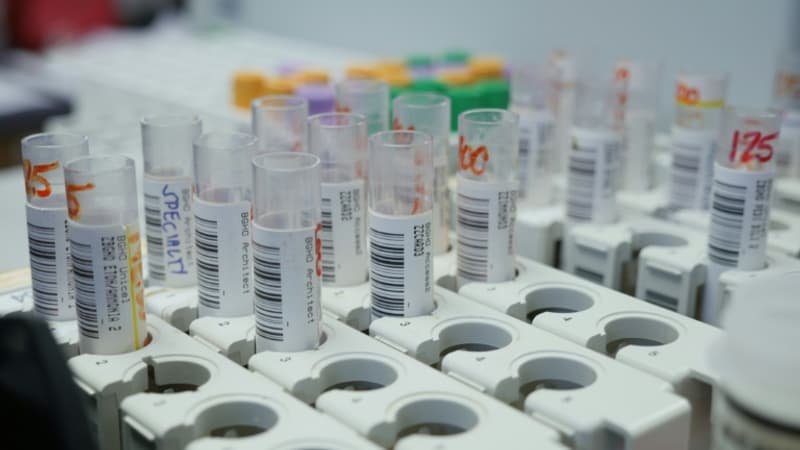The Covid pandemic has greatly benefited pharmaceutical groups. Who can thus, thanks to their war chest, continue their purchases from the young shoots and strengthen their innovation potential, which is crucial in this sector. The overall trend is a decline in M&A activity. But not for pharmaceutical groups, notes Matt Toole, director of LSEG Deals Intelligence, a data and analytics firm.
In the middle of 2023, health thus accounts for 14% of mergers and acquisitions in all sectors, that is, 174,600 million dollars (157,000 million euros) of announced operations, the highest in two years, according to LSEG data published at the end of June. Most large pharmaceutical companies have an internal team tasked with seeking international opportunities that could complement their activities.
The big laboratories eat the medium and small ones
It is often a matter of filling a gap in the pipeline (all molecules under development, editor’s note) or completing the portfolio of activities with other therapeutic or technological fields following a well-defined strategy.
Sometimes acquisitions can come after a disappointment during a phase of a clinical trial: because the company has already invested in research, it will look elsewhere for a similar therapeutic solution or one that offers another way to treat the same disease. Immunology and oncology, which have experienced great scientific advances recently, are two therapeutic areas that arouse covetousness.
The trend is one of “large laboratories that consume resources and small ones that emerge,” Gérard de Pouvourville, emeritus professor at Essec, told AFP. Innovation no longer comes from “big pharma, which is increasingly looking abroad for more innovation, but from venture capital-funded start-ups.”
Artificial intelligence
Since early 2023, the prize for most expensive acquisition has gone to Pfizer, which has spent more than $40 billion on biotech Seagen, which specializes in cancer treatments, well ahead of the $10 billion put on the table by compatriot Merck to acquire California-based Prometheus Biosciences, which is developing a treatment for autoimmune diseases such as Crohn’s disease.
For the second half of the year, “M&A activity in healthcare industries will remain robust,” driven in particular by the emergence of artificial intelligence, according to a PwC report published last week.
If manufacturers are looking for opportunities, it is also because “the patents of many of the best-selling drugs will expire in the second half of the decade,” the study notes.
The regulatory weight of antitrust laws
However, the regulatory weight of antitrust laws could make it difficult to carry out large transactions, such as Amgen’s acquisition of biotech company Horizon Therapeutics, which was blocked by the US competition authority.
According to PwC, most companies will therefore seek to “mitigate these regulatory frictions by executing an M&A strategy focused on acquiring small and medium-sized companies.”
Faced with high interest rates, which make the cost of credit more expensive, the firm indicates that “disposals will probably become more important”, which will free up capital for mergers and acquisitions. Companies with lagging share prices risk being taken over by private equity funds.
Source: BFM TV


